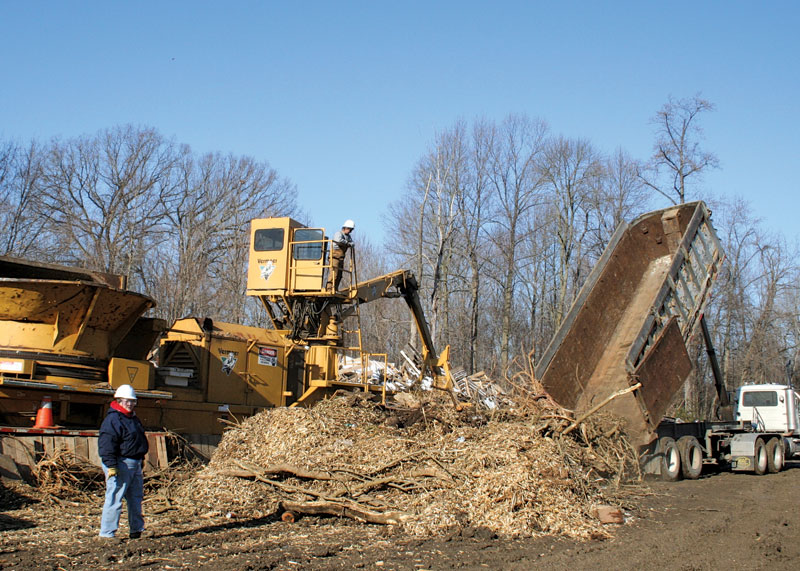
Biomass energy is one of the fastest growing sources of energy in the UK and other countries around the world. Many forms of organic materials can produce this energy. Biomass energy provides a cleaner alternative to traditional electricity and transportation fuel sources. Production and use of biomass energy has many advantages and disadvantages.
What is Biomass Energy?
Biomass energy is relatively clean, renewable energy that involves using organic matter that has collected energy from the sun and converted it to chemical energy. It is renewable energy because the organic matter used to create it continually grows and keeps absorbing the sun’s energy, especially where biomass crops are planted.
Most biomass energy is obtained from plants that have gathered energy from the sun through a process known as photosynthesis. Biomass energy has been used by humans for a long time. Humankind has been using biomass energy since the discovery of fire. Technological advancements have allowed people to put biomass energy into various applications including use of liquid and gases as biofuels in transportation.
Advantages
A significant benefit of biomass energy is that it is eco-friendly since it produces minimal amounts of harmful products. The amount of carbon produced by biomass energy is much less than that produced by fossil fuels. Use of biomass energy reduces the levels of greenhouse gasses in the atmosphere.
Another advantage of biomass energy is that it produces lower levels of sulphur dioxides, which cause acid rain. Biomass energy is sustainable energy. Crops used to create biomass can be farmed and managed effectively just like other types of crops. Biomass energy is available wherever crops can be grown. Another significant advantage of biomass energy is that it has a wide variety of applications include heat and electricity production as well as fuel for cars.

Disadvantages
Biomass production requires a great deal of space. Large parcels of land and water are needed to grow biomass plants. Biomass plants also require large storage rooms after harvesting where they can be converted into energy. In addition, biomass energy is not entirely clean energy; its production still produces some greenhouse gasses. However, the levels of greenhouse gases produced by biomass are still significantly lower than those produced by fossil fuels. Another disadvantage of biomass energy is that it is quite expensive to produce. Some of the costs involved include labour and transportation costs because biomass energy is produced close to where the organic matter is obtained.
Uses of Biomass Energy Today
The main uses of biomass energy today are in the production of biodiesel and ethanol for transportation and driving turbines to produce electricity. Although the use of biomass energy has its disadvantages, the advantages far outweigh the disadvantages when compared with fossil fuels. This is the reason why the UK and other countries around the world are increasing their production of biomass energy.
How Biomass Works
The basic composition of biomass is solar energy, carbon dioxide and water. Plants manufacture biomass through a process known as photosynthesis. In this process, chlorophyll in the leaves of plants absorbs the sun’s energy and converts carbon dioxide into carbohydrates. During biomass production, the carbohydrates are burned converting them into carbon dioxide and water. This releases the sun’s energy back into the atmosphere.
Biomass is the oldest form of renewable energy. Organic materials such as plants and animals have this resource. This energy is readily available in almost every region of the world. The process used to produce biomass makes it renewable and sustainable energy source. There are many types of biomass including plants, animal waste, landfill waste, wood grass and even sewer waste. Burning is the most typical means of accessing biomass in organic materials.
Adam Johnston is a Biomass Advisor for Amber Green Heat. When he’s not in the office he is an avid blogger about all things green.







